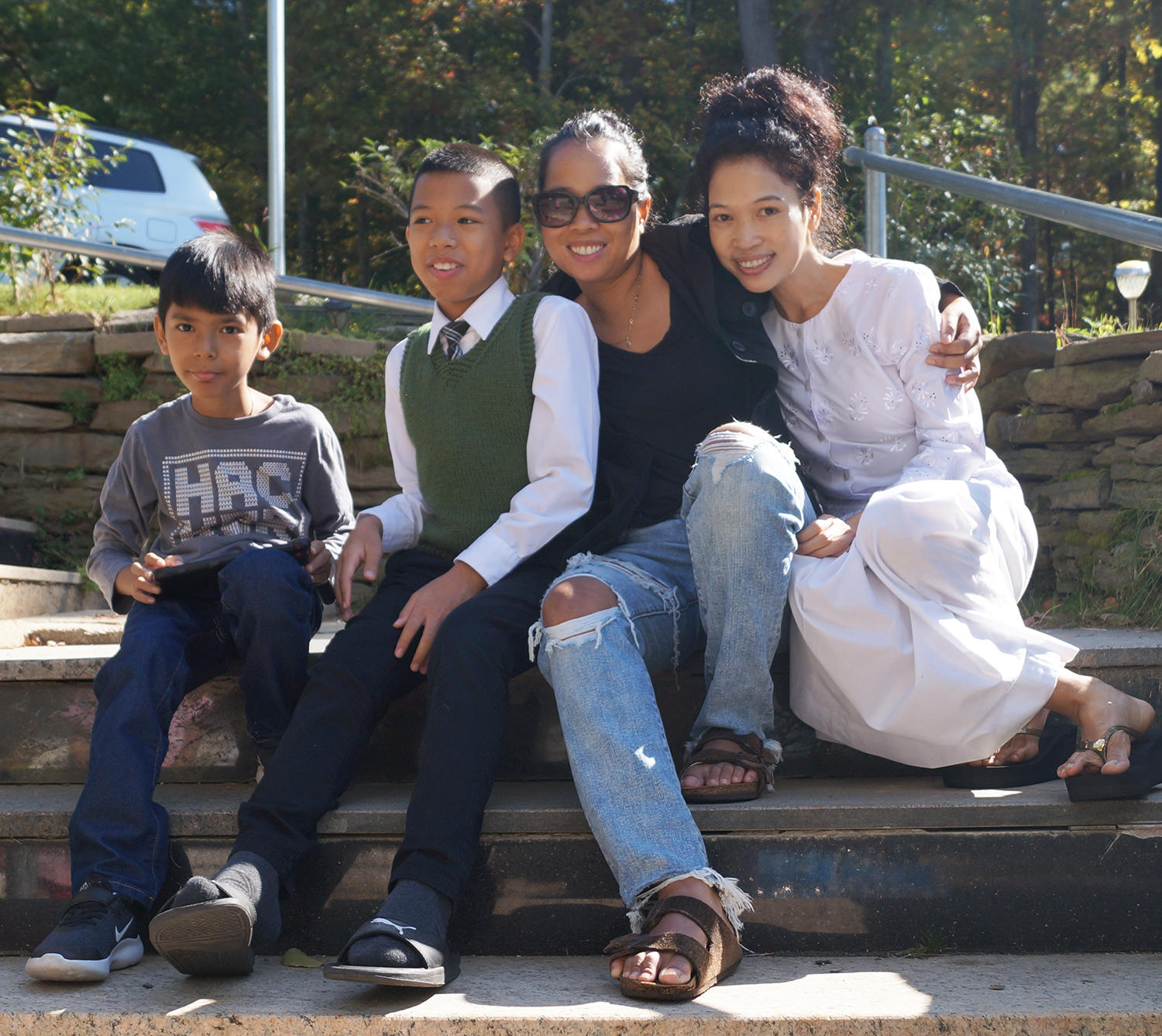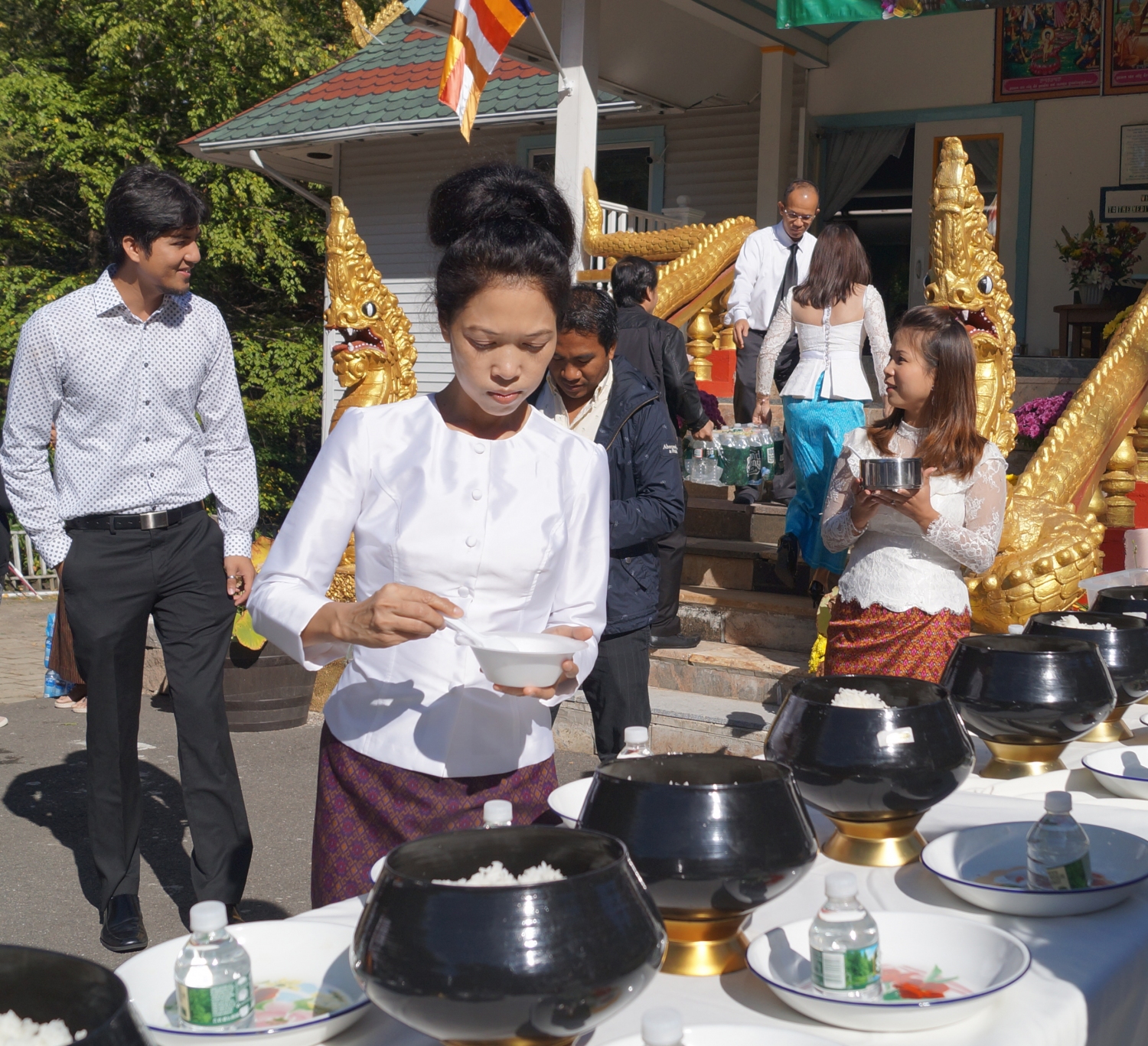The Story of Thera Sariputta
Verse 97. He who is not credulous, who has realized the Unconditioned (Nibbana), who has cut off the links of the round of rebirths, who has destroyed all consequences of good and bad deeds, who has discarded all craving, is indeed the noblest of all men (i.e., an arahat).
1. Vantaso: one who has discarded all craving (lit., one who has vomited out all craving).
The Story of Thera Sariputta
While residing at the Jetavana monastery, the Buddha uttered Verse (97) of this book, with reference to Thera Sariputtta.
Thirty bhikkhus from a village had arrived at the Jetavana monastery to pay homage to the Buddha. The Buddha knew that the time was ripe for those bhikkhus to attain arahatship. So, he sent for Sariputta, and in the presence of those bhikkhus, he asked, “My son Sariputta, do you accept the fact that by meditating on the senses one could realize Nibbana ?” Sariputta answered, “Venerable Sir, in the matter of the realization of Nibbana by meditating on the senses, it is not that I accept it because I have faith in you; it is only those who have not personally realized it, that accept the fact from others.” Sariputta’s answer was not properly understood by the bhikkhus; they thought, “Sariputta has not given up wrong views yet; even now, he has no faith in the Buddha.”
Then the Buddha explained to them the true meaning of Sariputta’s answer. “Bhikkhus, Sariputta’s answer is simply this; he accepts the fact that Nibbana is realized by means of meditation on the senses, but his acceptance is due to his own personal realization and not merely because I have said it or somebody else has said it. Sariputta has faith in me; he also has faith in the consequences of good and bad deeds.”
Then the Buddha spoke in verse as follows:
Verse 97: He who is not credulous, who has realized the Unconditioned (Nibbana), who has cut off the links of the round of rebirths, who has destroyed all consequences of good and bad deeds, who has discarded all craving, is indeed the noblest of all men (i.e., an arahat).
At the end of the discourse, all those bhikkhus attained arahatship.
Dhammapada Verse 97
Sariputtatthera Vatthu
Assaddho akatannu ca
sandhicchedo ca yo naro
hatavakaso vantaso1
sa ve uttamaporiso.
Source: Tipitaka










